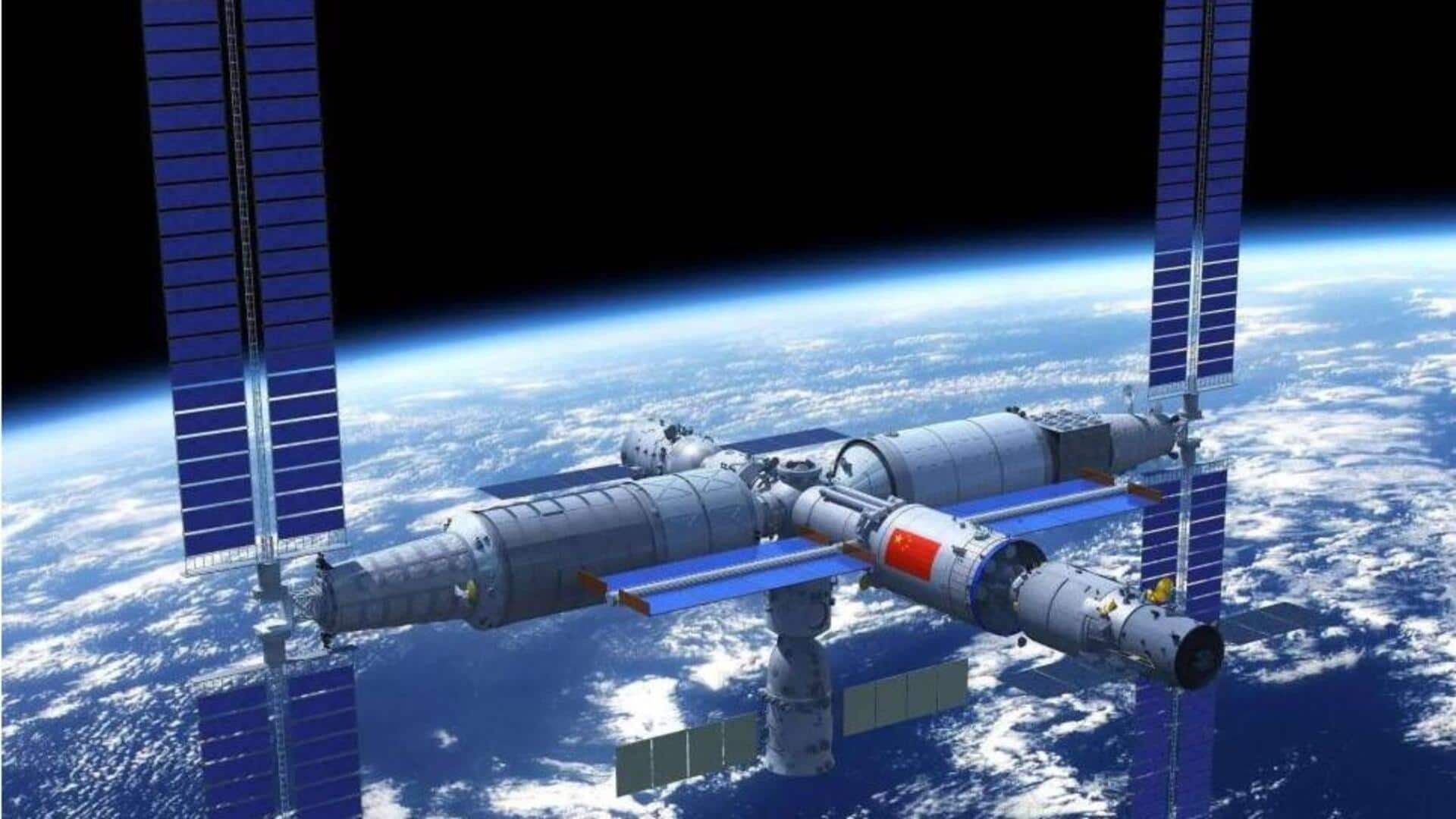
China to send its 1st civilian to space tomorrow
What's the story
China is set to send its first civilian to space on Tuesday. Until now, Chinese astronauts who have been sent to space were members of the country's armed forces. The first Chinese civilian astronaut is Gui Haichao, a professor at the Beijing University of Aeronautics and Astronautics. Haichao will be part of a crewed mission called Shenzhou 16. Here's what the mission is about.
Context
Why does this story matter?
China, which is currently the world's second-largest economy, is keen to catch up with the United States and Russia in space exploration. The country has a slew of ambitious space missions lined up in the coming years, including testing 3D printing on the Moon and setting up a permanent lunar base, among other big plans.
Astronaut
Haichao is payload specialist
Notably, Haichao had always dreamed of moving his "beloved research work" into space. The 36-year-old comes from an"ordinary family" in Yunnan province. "As China's first payload specialist to enter space, I felt very lucky and happy," said Haichao. "The new role in space missions and new opportunities in space science came true, thanks to the new stage of the Chinese space station."
Mission
Who are crew members of Shenzhou 16 mission?
The upcoming Shenzhou 16 mission will include three members. It is part of crew rotation and will be the fifth crewed expedition since 2021 to the Tiangong space station—the permanently crewed space outpost launched by China. The crew includes Haichao, Jing Haipeng, who will serve as the mission's commander, and Zhu Yangzhu, an aerospace engineer. The mission will be the fourth spaceflight for Haipeng.
Mission
Haichao to handle science experimental payloads on space station
Haichao will be primarily responsible for the operation and maintenance of the science payloads. He will supervise the control conditions for experiments, along with data collection and analysis. Yangzhu and Haipeng will manage the spacecraft and will help carry out experiments. Shenzhou 16 mission will take off aboard a Long March 2F rocket from Jiuquan Satellite Launch Centre at 7:01 am IST on Tuesday.
Information
How long will mission last?
The Shenzhou 16 crew will remain on the Tiangong space station until November. These astronauts will return to Earth when the new crew from Shenzhou 17 mission replaces them at the space station.
Tiangong
Tiangong holds world's 1st space-based cold atomic clock
China's Tiangong space station is equipped with sophisticated technology, including the world's first space-based cold atomic clock system. The T-shaped space station is expected to operate for at least 10 years. It is positioned in the low Earth orbit (LEO), roughly 400-450 kilometers above Earth. Moreover, China plans to expand the space station further to support experiments and improve conditions for its astronauts.